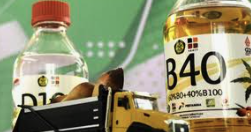
January 4, 2026
The Indonesian Ministry of Energy and Mineral Resources (ESDM) has set the January 2026 biodiesel Market Index Price (HIP) at IDR 13,631…
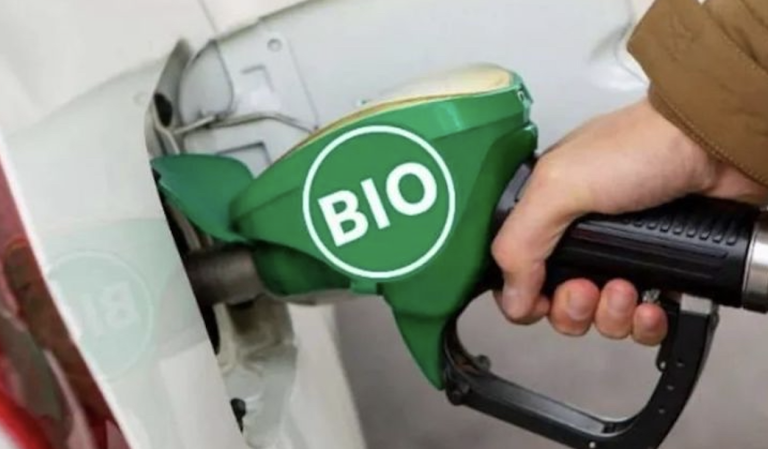
January 2, 2026
Canada’s biofuel production incentive officially took effect on January 1, providing immediate support for domestic biofuel capacity and national energy security, according…

January 2, 2026
According to data from the UK Department for Transport, sustainable aviation fuel (SAF) accounted for only 1.6% of total jet fuel consumption…
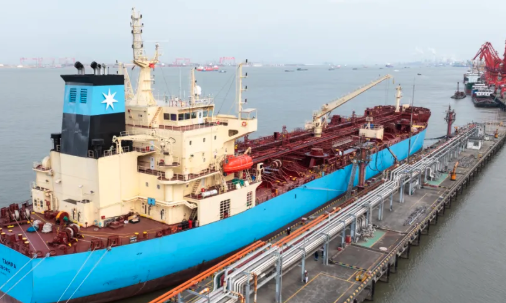
December 24, 2025
On December 23, an international cargo vessel carrying 17,800 tonnes of sustainable aviation fuel (SAF) produced by Yigao Biochemical Technology (Zhangjiagang) Co.,…
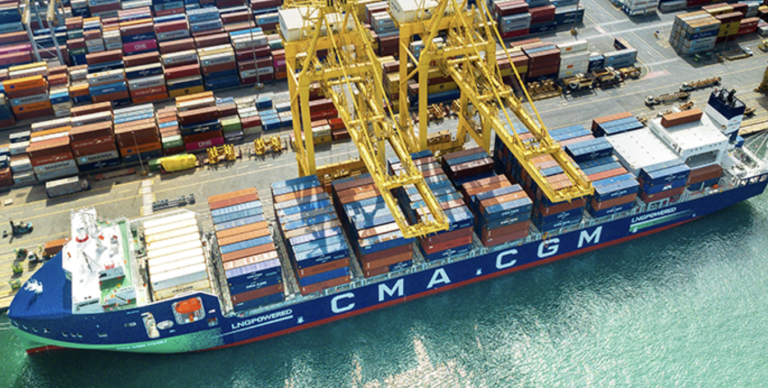
December 22, 2025
French container shipping group CMA CGM and DHL Global Forwarding have signed an agreement to offer lower-carbon container shipping services powered by…

December 19, 2025
On December 18, Neste announced that it has reached an agreement with Cathay Group to supply Neste MY Sustainable Aviation Fuel™ (SAF)…
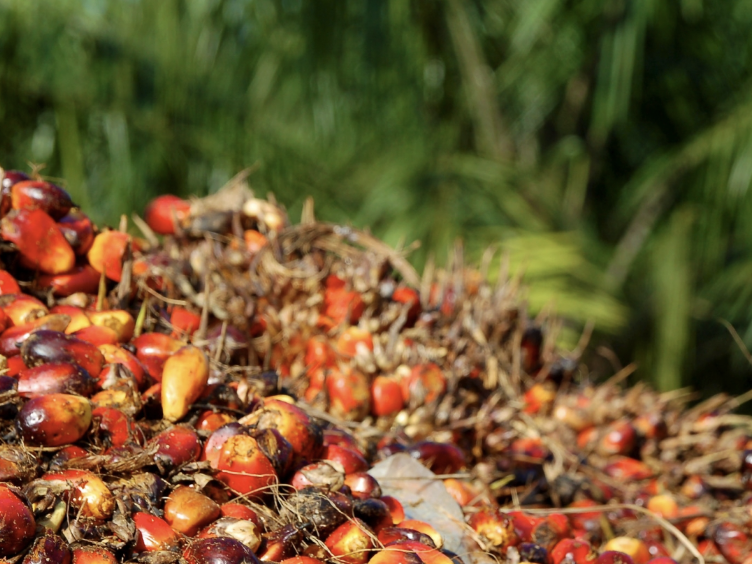
December 17, 2025
The Malaysian Palm Oil Board (MPOB) announced on its website on Wednesday that Malaysia has lowered the crude palm oil (CPO) reference…
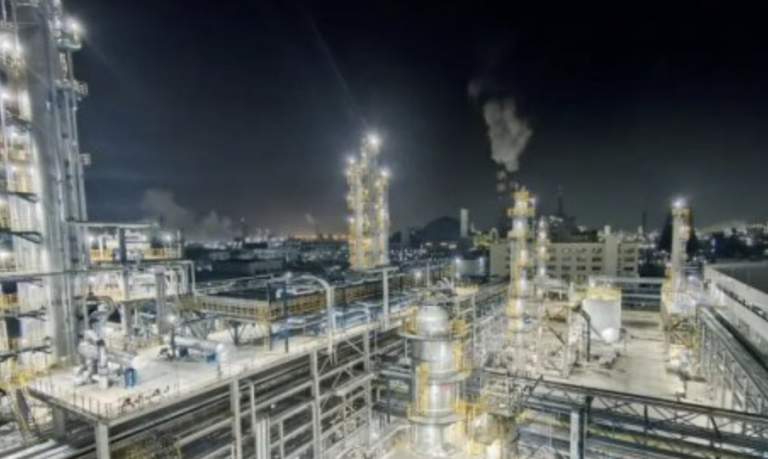
December 17, 2025
On December 15, Blue Whale Bioenergy (Zhejiang) Co., Ltd., invested by Wuchan Zhongda Chemical Group Co., Ltd., successfully started up its 500,000-tonne-per-year…

December 17, 2025
Odfjell has established a green shipping corridor between Brazil and Europe, enabling vessels to complete a 5,000-nautical-mile transatlantic route using certified B24…
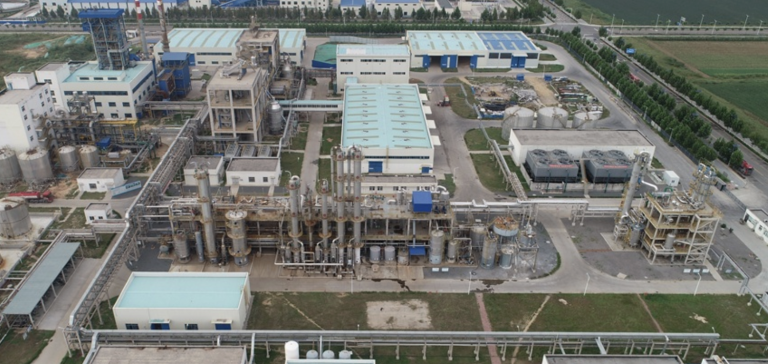
December 16, 2025
According to Hong Kong media reports on December 16, EcoCeres, an environmentally focused biofuels company incubated by Towngas (00003), announced that it…










